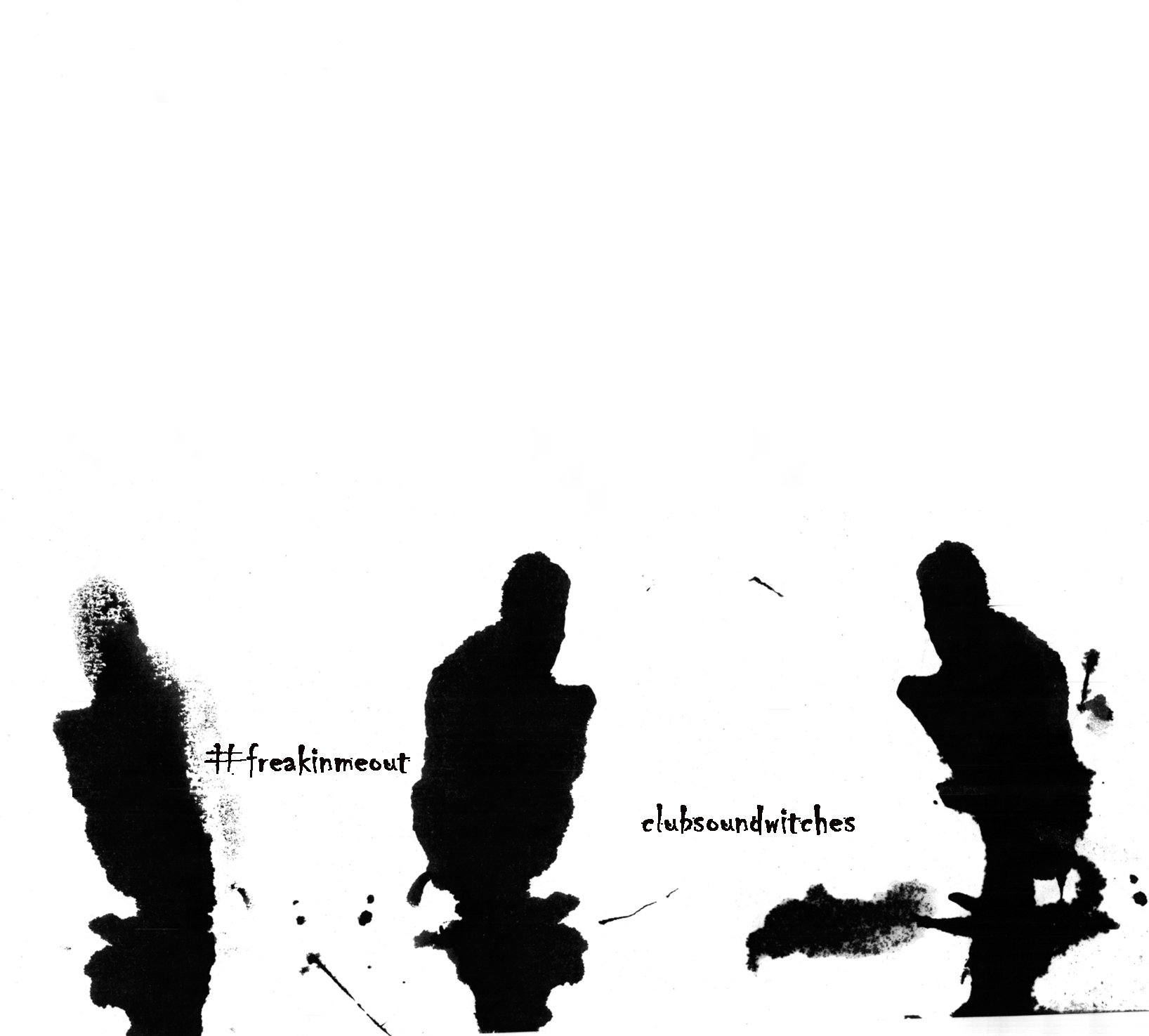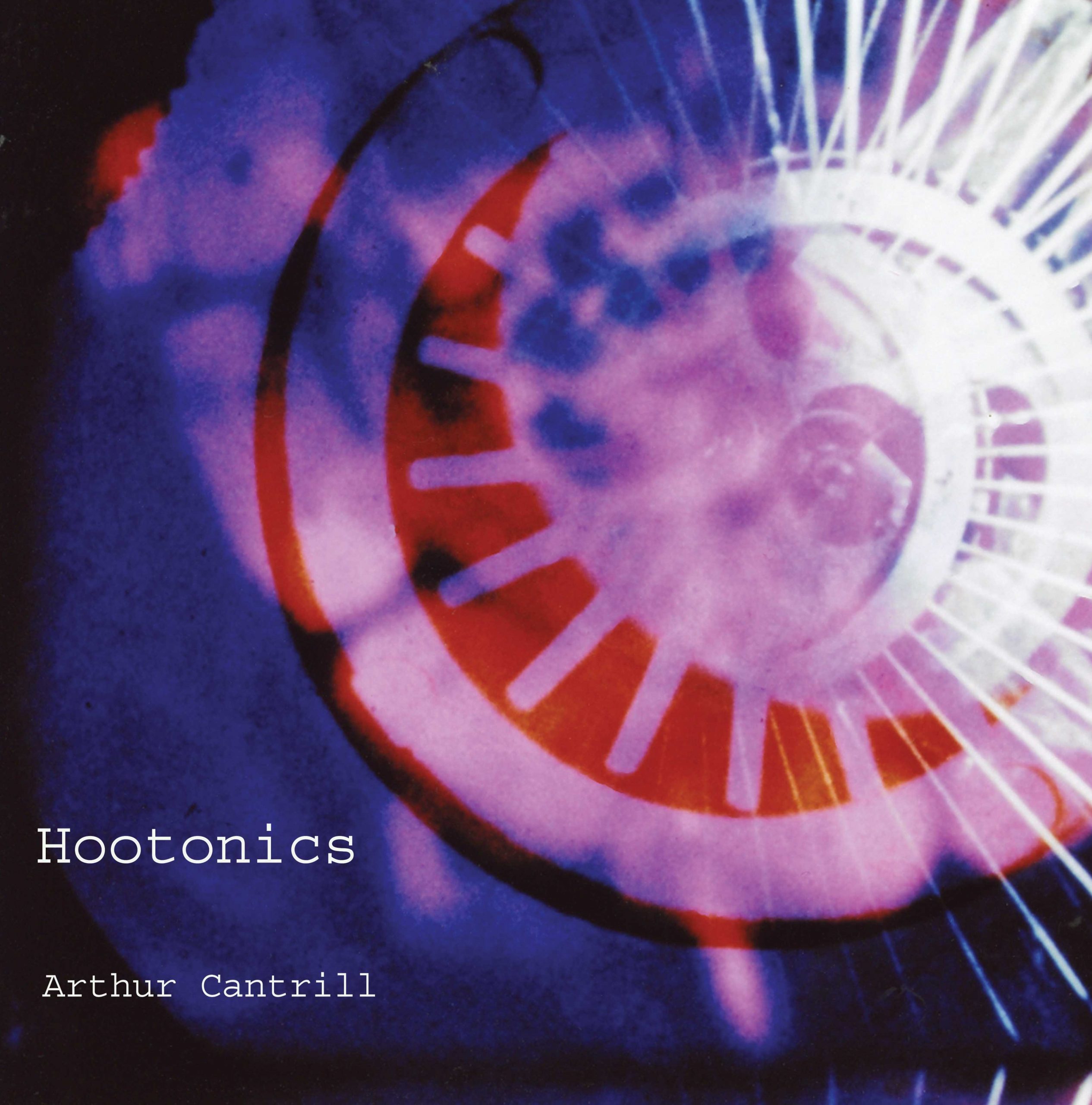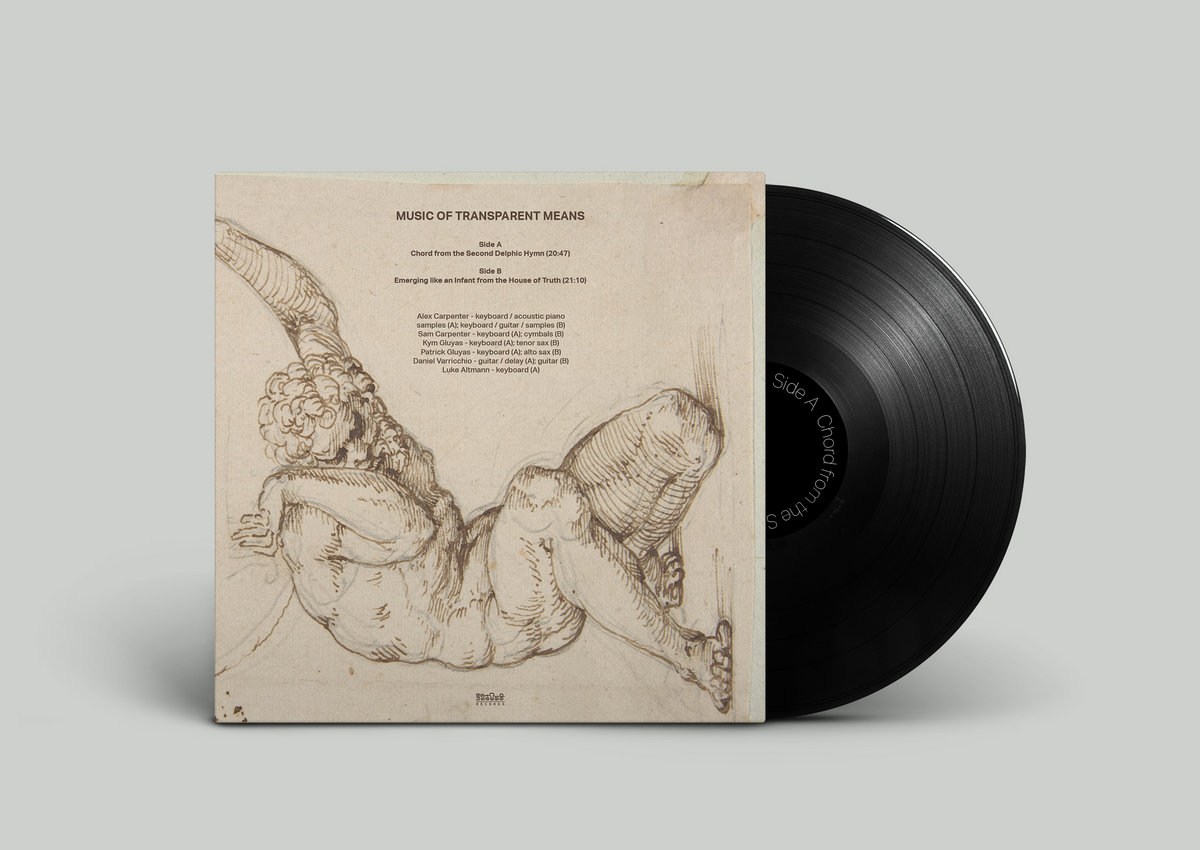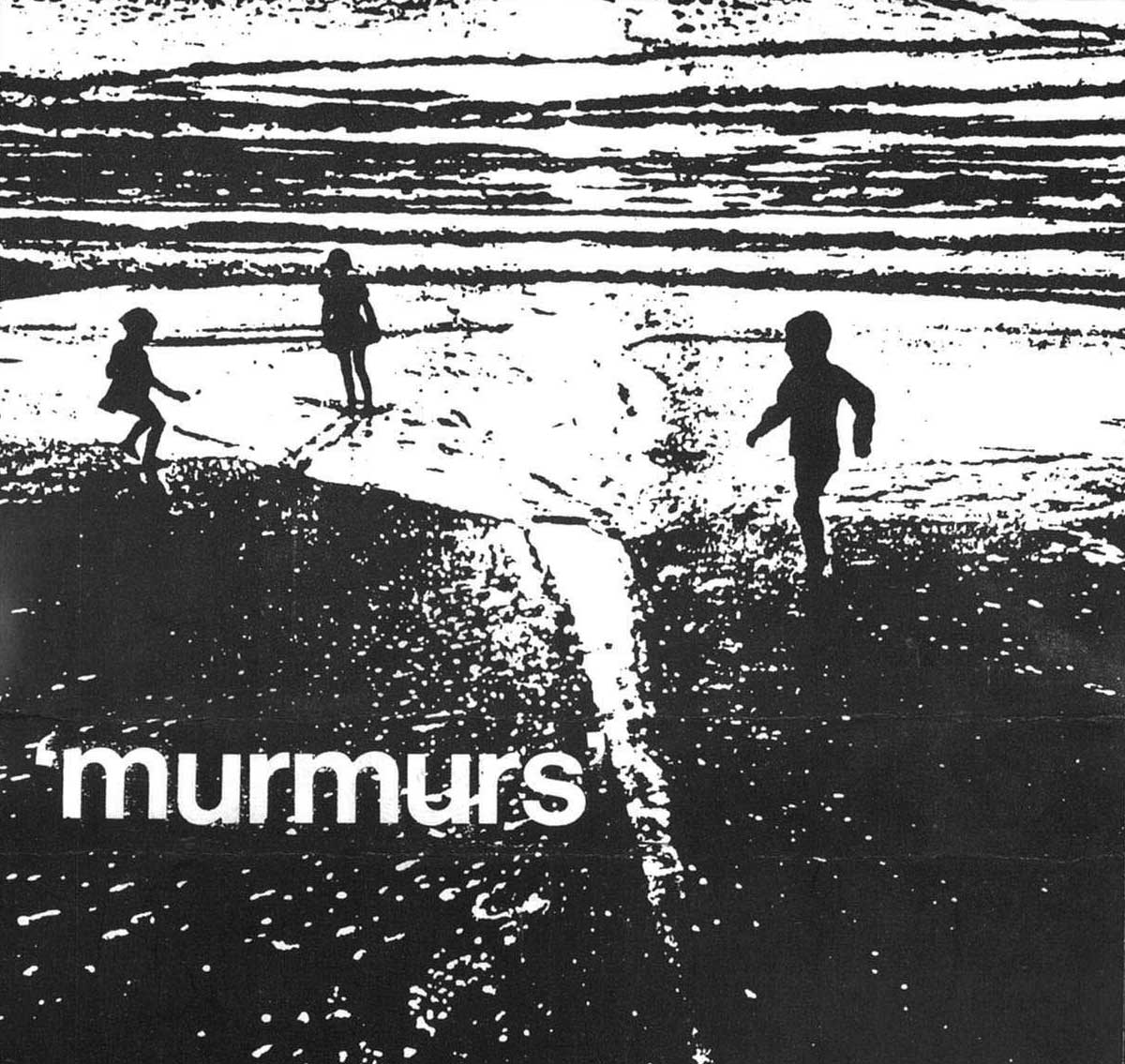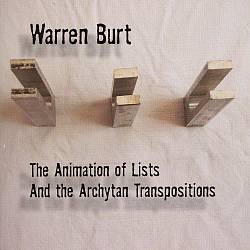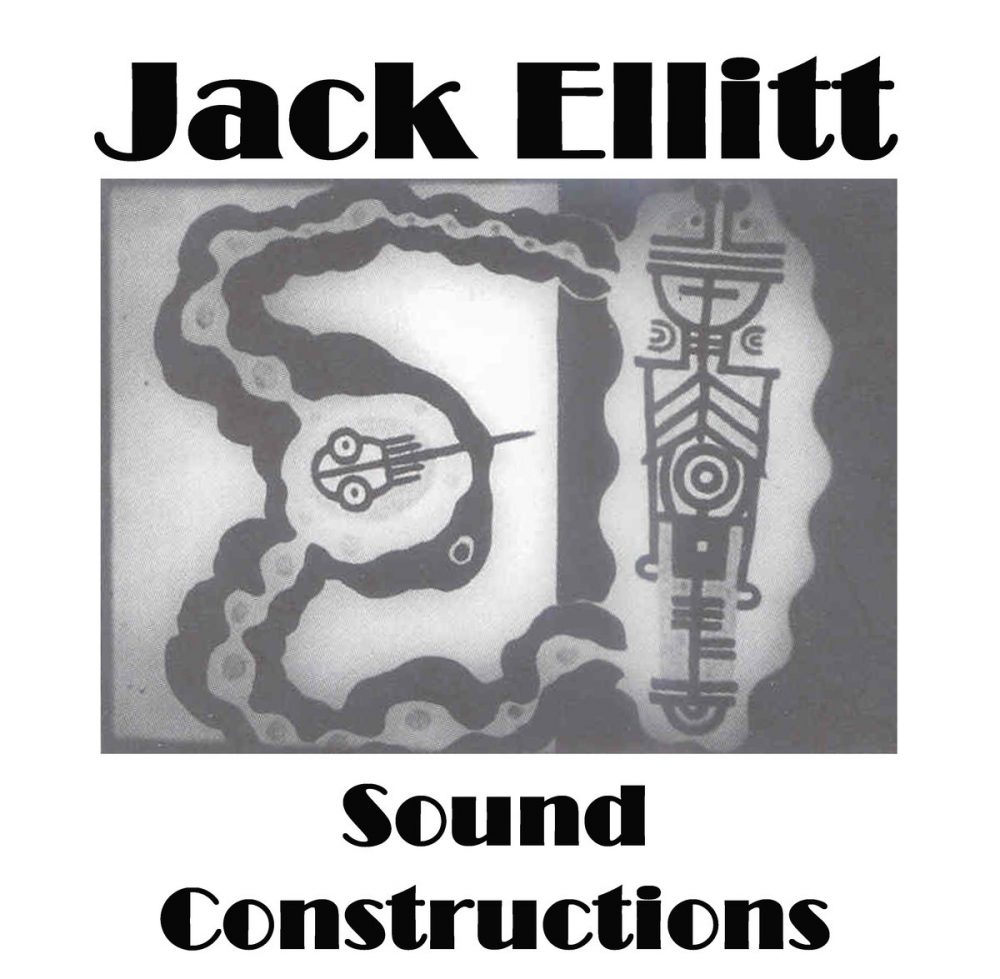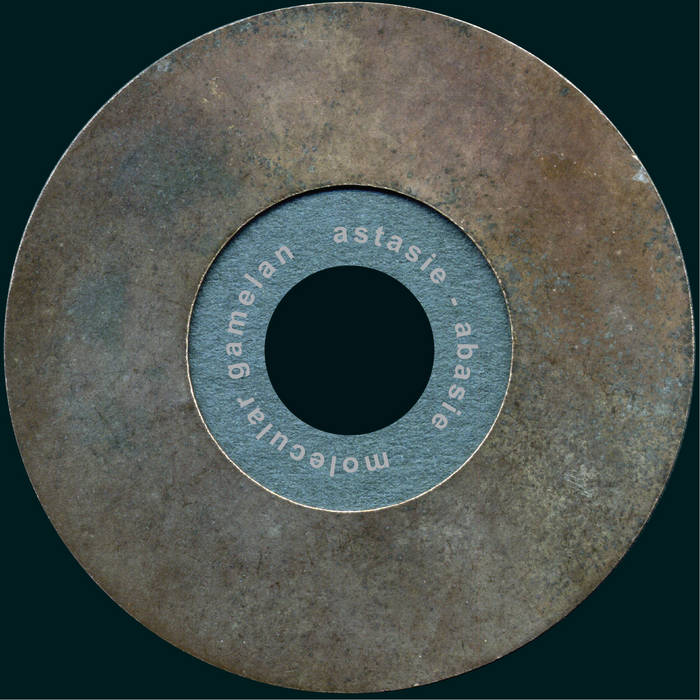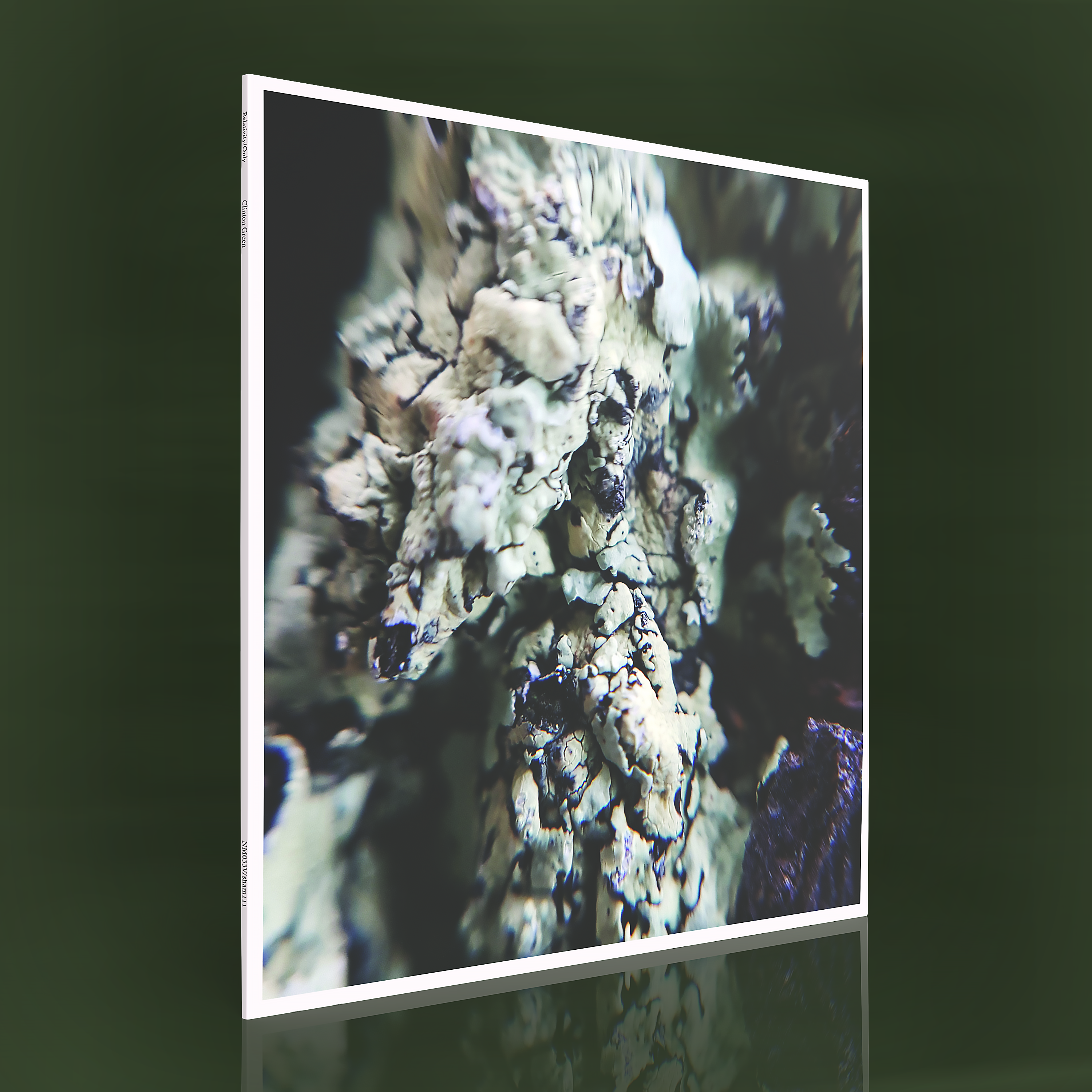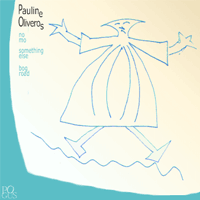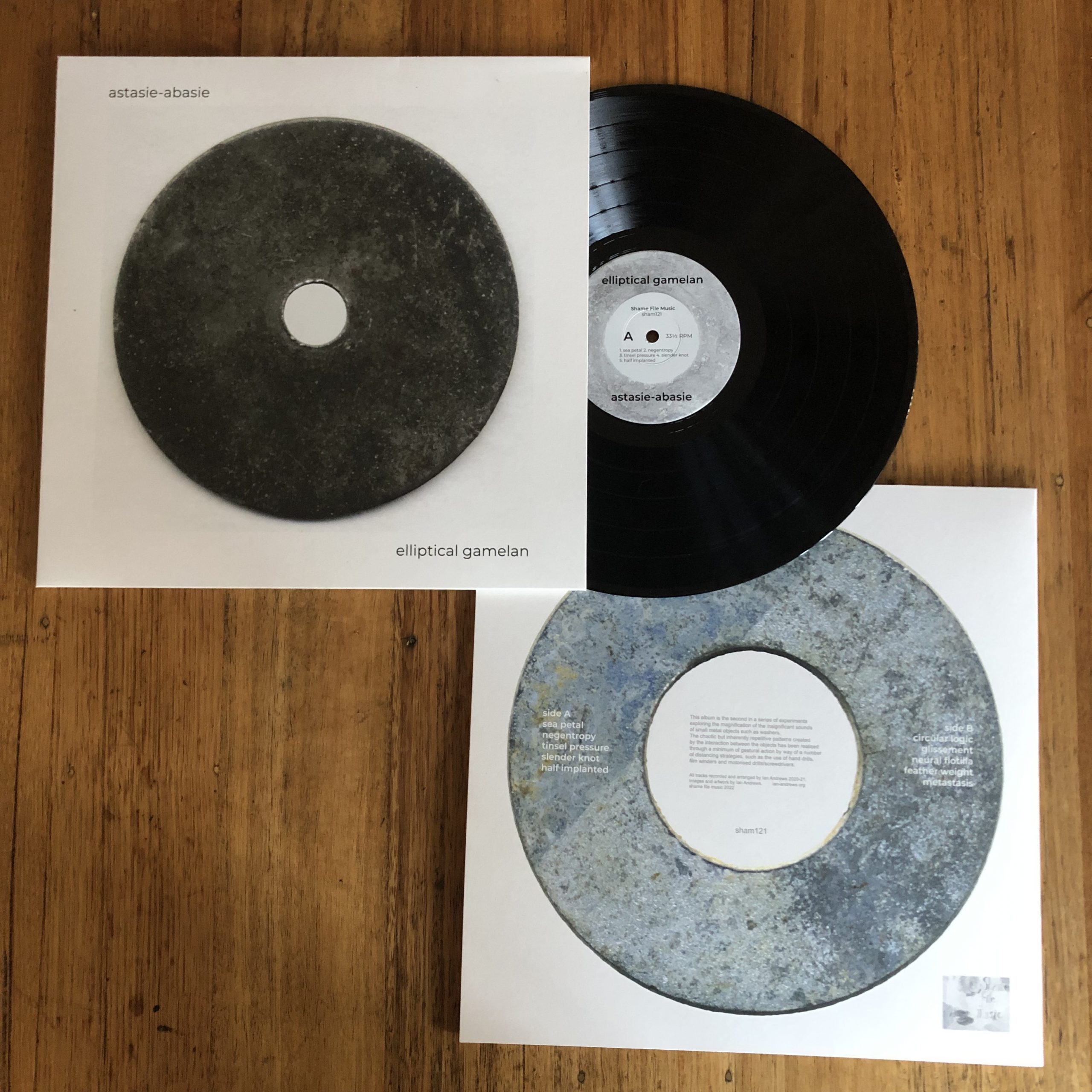
Astasie-abasie‘s “Elliptical Gamelan” is out now on a limited edition of 150 vinyl LPs, with full colour reverse board cover and download code, also available digitally.
Ian Andrews, a consistent presence of original sound in Australia since the early 1980s, posts another missive from the micro-sound-world-made-big he introduced us to with last year’s “Molecular Gamelan” album (sham115). “Elliptical Gamelan” continues Andrews’ experiments in the magnification of the insignificant sounds of small metal objects such as washers, returning us to a world that conjures images of late-night rituals and funereal rites. The music is beautifully meditative and compositionally fascinating.
